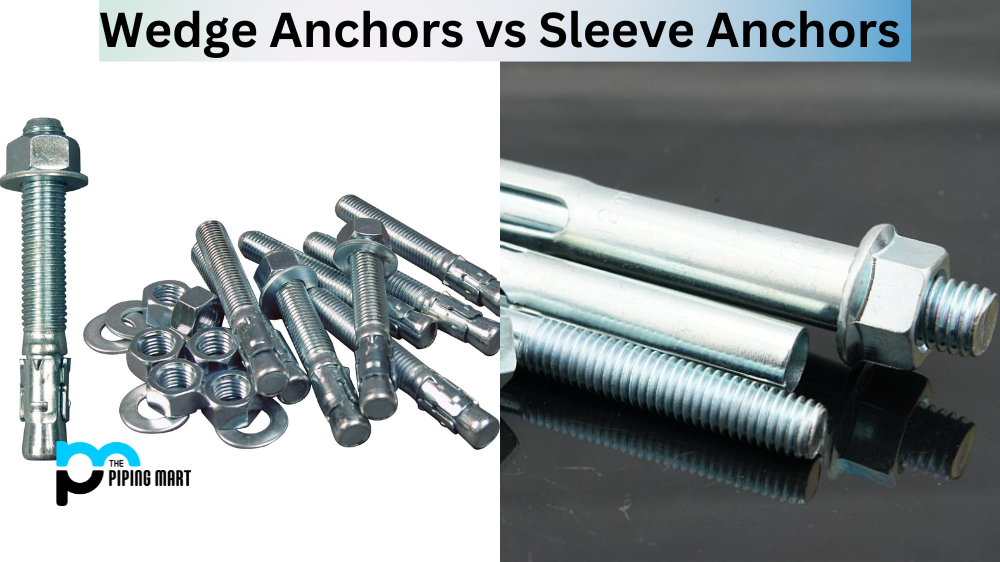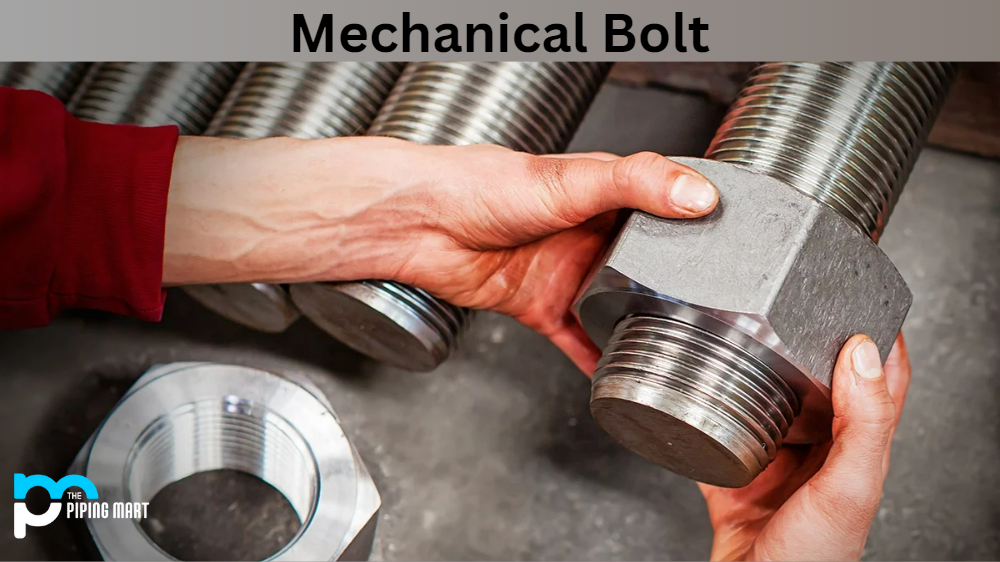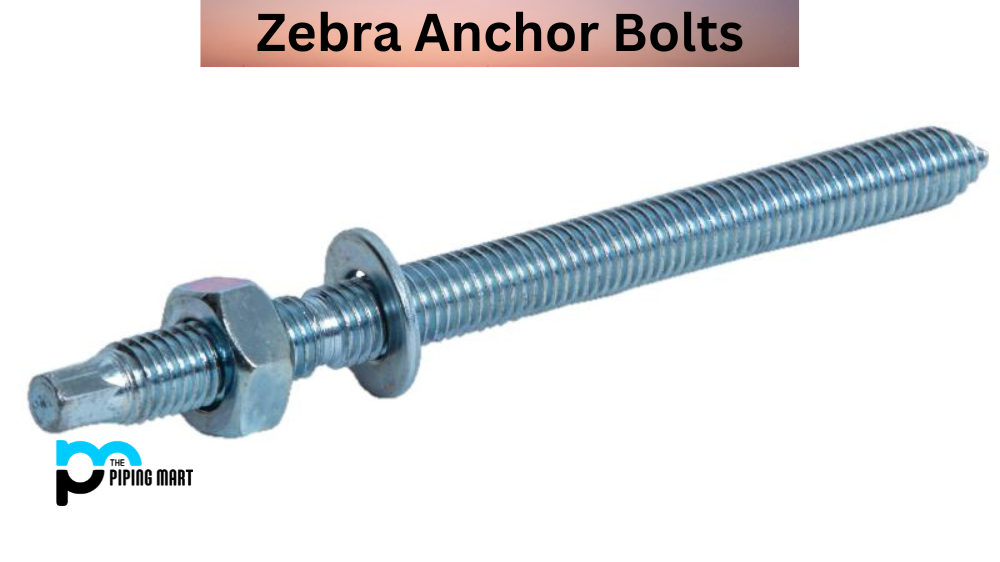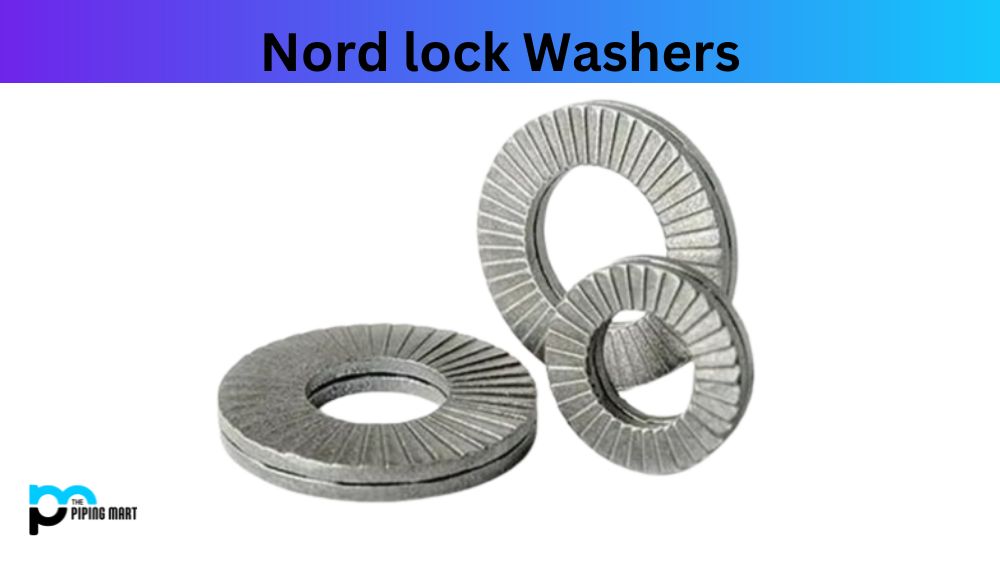When you need to secure something concrete, there are a few different options available. Two of the most popular are wedge anchors and sleeve anchors. Knowing which one is right for your project can be confusing, so let’s take a look at the differences between wedge and sleeve anchors.
Wedge Anchor
Wedge anchors are designed to be used in solid concrete or grout-filled block and masonry applications. They consist of a threaded stud, an expansion clip (or cone), and a nut. The nut tightens against the expansion clip, which expands against the concrete as it turns. This creates a strong bond between the anchor and the concrete that won’t loosen over time. Wedge anchors come in both zinc-plated steel (for interior applications) and stainless steel (for exterior applications).
Sleeve Anchor
Sleeve anchors are designed to be used in soft base materials such as brick, drywall, or hollow block. They consist of a threaded bolt, an expansion sleeve (or cone), and a nut. The nut is tightened against the expansion sleeve, which pulls down on the base material creating friction between it and the base material, creating an incredibly strong bond that won’t loosen over time. Sleeve anchors come in both zinc-plated steel (for interior applications) and stainless steel (for exterior applications).
Difference Between Wedge Anchor and Sleeve Anchor
- Wedge anchors are made of steel, which makes them extremely strong and durable.
- Wedge anchors can be used in a variety of applications, including concrete, brick, and block.
- Wedge anchors are easy to install and remove, and they require no special tools or equipment.
- Wedge anchors are available in a variety of sizes to accommodate different applications.
- Sleeve anchors are also made of steel, which makes them just as strong and durable as wedge anchors.
- Sleeve anchors can be used in a variety of applications, including concrete, brick, and block.
Conclusion:
When choosing between wedge anchors and sleeve anchors for your project, there are several things you should consider, such as what type of base material you’re working with, what type of load capacity you need from your fastener, what type of environment your application will be exposed to, etc. However, when it comes down to it, wedge anchors are ideal for solid base materials like concrete, while sleeve anchors are better suited for softer base materials like brick or drywall. Understanding which one is right for your project will help ensure that your fasteners last longer while providing superior performance during their lifetime. Whether you choose wedge or sleeve anchors for your next project, make sure you understand their differences so that you can make an informed decision on which one is right for you!

Pipingmart is a B2B portal that specializes in metal, industrial and piping items. Additionally, we share the latest information and information about materials, products and various types of grades to assist businesses that are involved in this business.




